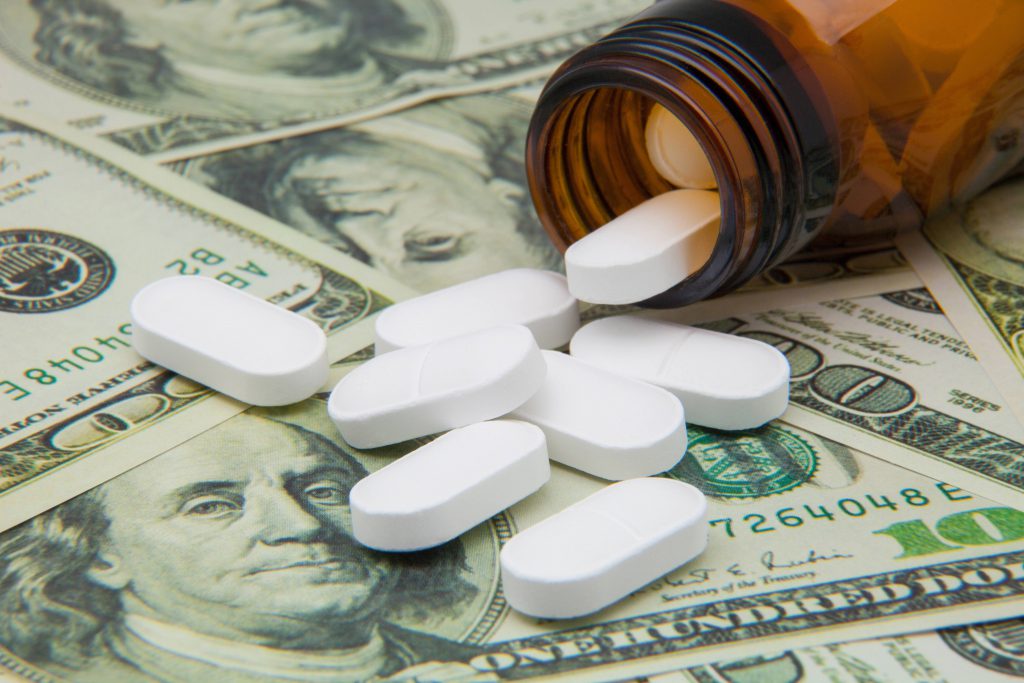While other drugmakers are making promises to limit price increases in the face of escalating pressure from patients and lawmakers, Celgene is doing the opposite. In October, the biopharmaceutical company raised the price of two cancer drugs – Revlimid and Pomalyst – by 9 percent, according to SunTrust analyst Yatin Suneja.
The move is the third price hike for Revlimid this year, representing a nearly 20 percent increase over the price of the cancer medication at this time last year. Global sales of the drug – which is approved to treat multiple myeloma and mantle cell lymphoma, among other cancer types – totalled almost $7 billion in 2016.
This is Pomalyst’s second price increase in 2017, but the drug is already over 17 percent more expensive compared to the same date in 2016. While sales of Pomalyst are considerably lower than that for Revlimid, the multiple myeloma drug is still a blockbuster for Celgene bringing in $1.3 billion in 2016.
Notable drugmakers like Allergan and AbbVie have vowed to limit annual price increases – in some cases keeping them below 10 percent. Celgene has made the bold move not to follow suit and instead implement price increases that are nearly double those limits put in place by other pharmaceutical companies.
According to a Celgene spokesperson, “pricing decisions reflect the benefits that our innovative therapies provide to patients, the healthcare system and society.” The went on to say that the value of its products “continue to increase, supported by the growing clinical and real-world outcomes for patients in the approved indications.”
According to Suneja, Celgene stands to make $80 million this year as a result of the price hikes. Since its approval in 2010, the list price for Revlimid has nearly doubled. The price of Pomalyst has also increased by over 65 percent since its launch in 2013. While these prices are often significantly reduced after payer rebates and discounts are taken into account, patient advocates say they still feel the pressure of rising costs in their copays.












Join or login to leave a comment
JOIN LOGIN